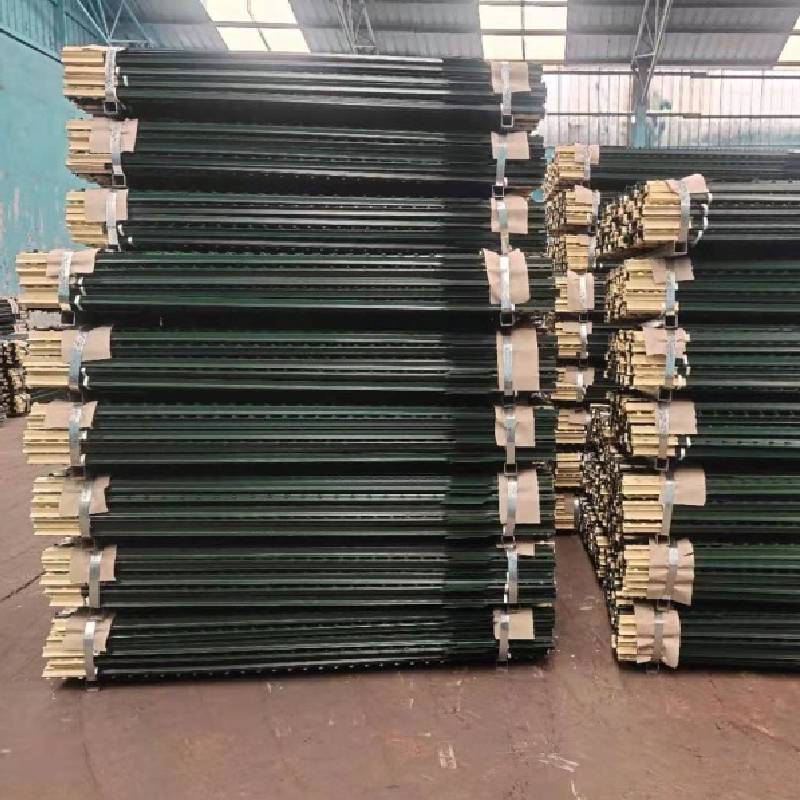-
Email:zhao@hyliec.cn
-
Tel:+86 311 85273988
-
WhatsAPP:8613931128750
-
 Afrikaans
Afrikaans -
 Albanian
Albanian -
 Amharic
Amharic -
 Arabic
Arabic -
 Armenian
Armenian -
 Azerbaijani
Azerbaijani -
 Basque
Basque -
 Belarusian
Belarusian -
 Bengali
Bengali -
 Bosnian
Bosnian -
 Bulgarian
Bulgarian -
 Catalan
Catalan -
 Cebuano
Cebuano -
 Corsican
Corsican -
 Croatian
Croatian -
 Czech
Czech -
 Danish
Danish -
 Dutch
Dutch -
 English
English -
 Esperanto
Esperanto -
 Estonian
Estonian -
 Finnish
Finnish -
 French
French -
 Frisian
Frisian -
 Galician
Galician -
 Georgian
Georgian -
 German
German -
 Greek
Greek -
 Gujarati
Gujarati -
 Haitian Creole
Haitian Creole -
 hausa
hausa -
 hawaiian
hawaiian -
 Hebrew
Hebrew -
 Hindi
Hindi -
 Miao
Miao -
 Hungarian
Hungarian -
 Icelandic
Icelandic -
 igbo
igbo -
 Indonesian
Indonesian -
 irish
irish -
 Italian
Italian -
 Japanese
Japanese -
 Javanese
Javanese -
 Kannada
Kannada -
 kazakh
kazakh -
 Khmer
Khmer -
 Rwandese
Rwandese -
 Korean
Korean -
 Kurdish
Kurdish -
 Kyrgyz
Kyrgyz -
 Lao
Lao -
 Latin
Latin -
 Latvian
Latvian -
 Lithuanian
Lithuanian -
 Luxembourgish
Luxembourgish -
 Macedonian
Macedonian -
 Malgashi
Malgashi -
 Malay
Malay -
 Malayalam
Malayalam -
 Maltese
Maltese -
 Maori
Maori -
 Marathi
Marathi -
 Mongolian
Mongolian -
 Myanmar
Myanmar -
 Nepali
Nepali -
 Norwegian
Norwegian -
 Norwegian
Norwegian -
 Occitan
Occitan -
 Pashto
Pashto -
 Persian
Persian -
 Polish
Polish -
 Portuguese
Portuguese -
 Punjabi
Punjabi -
 Romanian
Romanian -
 Russian
Russian -
 Samoan
Samoan -
 Scottish Gaelic
Scottish Gaelic -
 Serbian
Serbian -
 Sesotho
Sesotho -
 Shona
Shona -
 Sindhi
Sindhi -
 Sinhala
Sinhala -
 Slovak
Slovak -
 Slovenian
Slovenian -
 Somali
Somali -
 Spanish
Spanish -
 Sundanese
Sundanese -
 Swahili
Swahili -
 Swedish
Swedish -
 Tagalog
Tagalog -
 Tajik
Tajik -
 Tamil
Tamil -
 Tatar
Tatar -
 Telugu
Telugu -
 Thai
Thai -
 Turkish
Turkish -
 Turkmen
Turkmen -
 Ukrainian
Ukrainian -
 Urdu
Urdu -
 Uighur
Uighur -
 Uzbek
Uzbek -
 Vietnamese
Vietnamese -
 Welsh
Welsh -
 Bantu
Bantu -
 Yiddish
Yiddish -
 Yoruba
Yoruba -
 Zulu
Zulu
Your Location:
Fev . 14, 2025 06:00
Back to list
round fence posts
Selecting the right wire fence posts is crucial for ensuring the longevity and effectiveness of any fencing project. Quality posts not only support the wire but affect the overall stability and durability of the fence. Therefore, understanding the key components and best practices for choosing wire fence posts is essential.
Installation is another critical factor that influences the performance of wire fence posts. Regardless of the material, posts should be set deep enough to withstand wind pressure, animal contact, and soil erosion. In areas with particularly soft or sandy soils, it might be necessary to install additional bracing or choose heavier posts to prevent leaning. Properly installed end and corner posts are vital for maintaining wire tension and structural integrity across the entire fence line. When purchasing wire fence posts, it is essential to consider the environment. Elements like extreme weather, potential wildlife interactions, and soil composition can significantly impact the performance and longevity of your fence. Choosing the right post type and ensuring proper installation methods will enhance your fence's reliability. It is beneficial to consult with a fencing expert or conduct thorough research to understand the specifics of post requirements for your particular region and project. This not only ensures the best results but also contributes to the cost-effectiveness and sustainability of your fencing solution. For those seeking a reliable resource, engaging with suppliers who provide comprehensive warranties and customer support is highly advisable. This will add an extra layer of confidence in your investment by providing assistance should any unforeseen issues arise with your fence posts. Ultimately, the key to a successful fencing project lies in the careful consideration, selection, and installation of wire fence posts. By thoroughly evaluating each aspect and consulting with professionals, one can ensure a fence that stands sturdy for years to come, safeguarding property and livestock effectively.


Installation is another critical factor that influences the performance of wire fence posts. Regardless of the material, posts should be set deep enough to withstand wind pressure, animal contact, and soil erosion. In areas with particularly soft or sandy soils, it might be necessary to install additional bracing or choose heavier posts to prevent leaning. Properly installed end and corner posts are vital for maintaining wire tension and structural integrity across the entire fence line. When purchasing wire fence posts, it is essential to consider the environment. Elements like extreme weather, potential wildlife interactions, and soil composition can significantly impact the performance and longevity of your fence. Choosing the right post type and ensuring proper installation methods will enhance your fence's reliability. It is beneficial to consult with a fencing expert or conduct thorough research to understand the specifics of post requirements for your particular region and project. This not only ensures the best results but also contributes to the cost-effectiveness and sustainability of your fencing solution. For those seeking a reliable resource, engaging with suppliers who provide comprehensive warranties and customer support is highly advisable. This will add an extra layer of confidence in your investment by providing assistance should any unforeseen issues arise with your fence posts. Ultimately, the key to a successful fencing project lies in the careful consideration, selection, and installation of wire fence posts. By thoroughly evaluating each aspect and consulting with professionals, one can ensure a fence that stands sturdy for years to come, safeguarding property and livestock effectively.
Next:
Latest news
-
garden-fence-on-a-roll-versatile-solutions-for-outdoor-enclosure-and-decoration
NewsAug.22,2025
-
fence-post-varieties-essential-components-for-durable-enclosures
NewsAug.22,2025
-
garden-fence-panels-blending-functionality-and-aesthetic-appeal
NewsAug.22,2025
-
tools-for-fence-essential-equipment-for-garden-fence-installation-and-maintenance
NewsAug.22,2025
-
fence-and-gate-accessories-enhancing-functionality-and-durability
NewsAug.22,2025
-
metal-plant-supports-essential-structures-for-healthy-plant-growth
NewsAug.22,2025
